-
×
 Feyi Fay Vol 1
1 × ₦1,900.00
Feyi Fay Vol 1
1 × ₦1,900.00 -
×
 Authentic Mama
1 × ₦5,000.00
Authentic Mama
1 × ₦5,000.00 -
×
 Your Problem is That You're Multi-talented
1 × ₦5,000.00
Your Problem is That You're Multi-talented
1 × ₦5,000.00
You may be interested in…
-
Add
 Getting Mentorship Right
Rated 5 out of 5₦5,000.00
Getting Mentorship Right
Rated 5 out of 5₦5,000.00 -
Add
 Purpose in Crisis
Rated 5 out of 5₦5,000.00
Purpose in Crisis
Rated 5 out of 5₦5,000.00


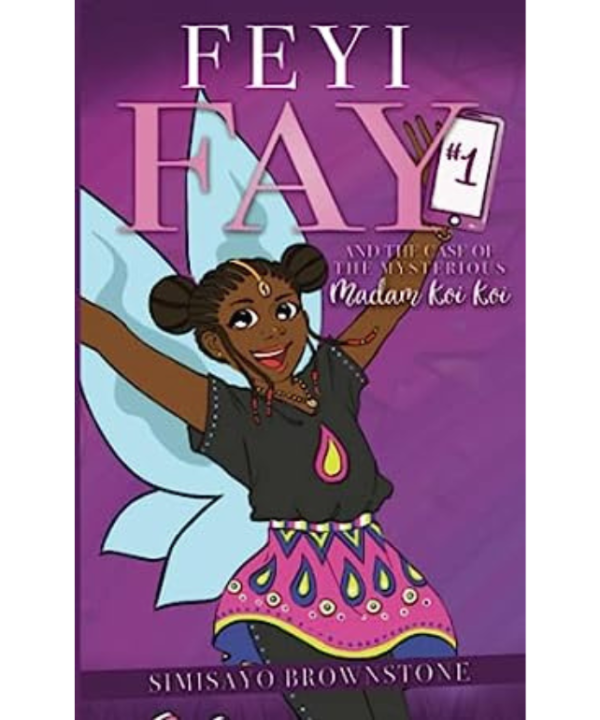 Feyi Fay Vol 1
Feyi Fay Vol 1 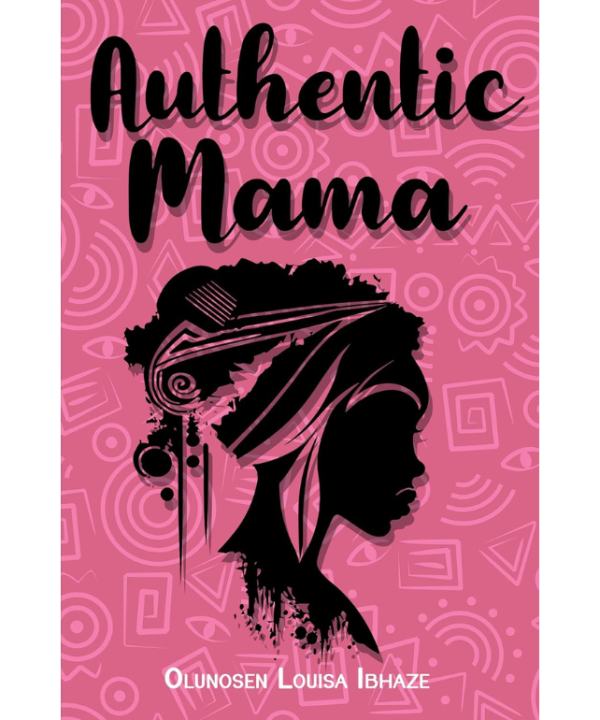 Authentic Mama
Authentic Mama 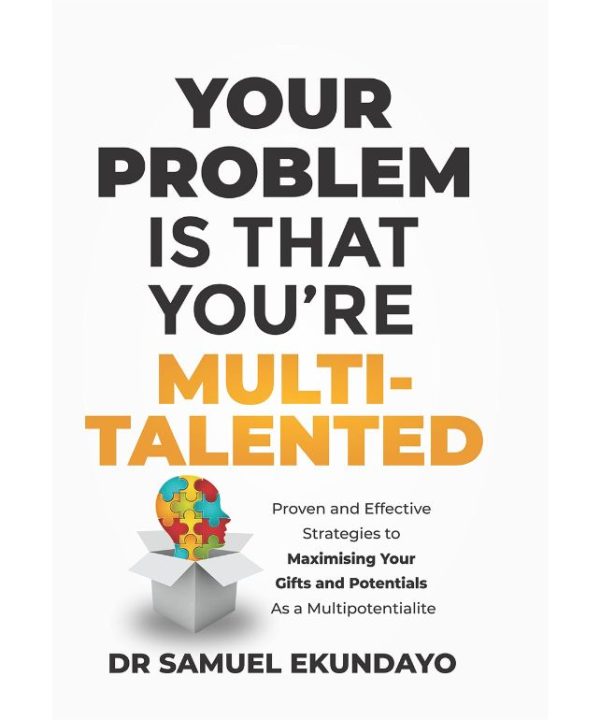 Your Problem is That You're Multi-talented
Your Problem is That You're Multi-talented 

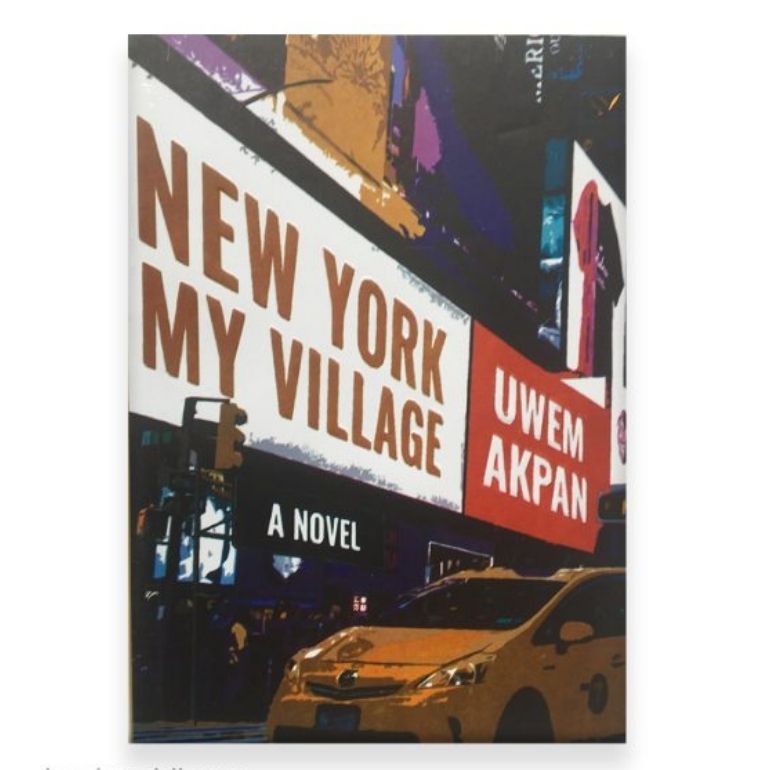

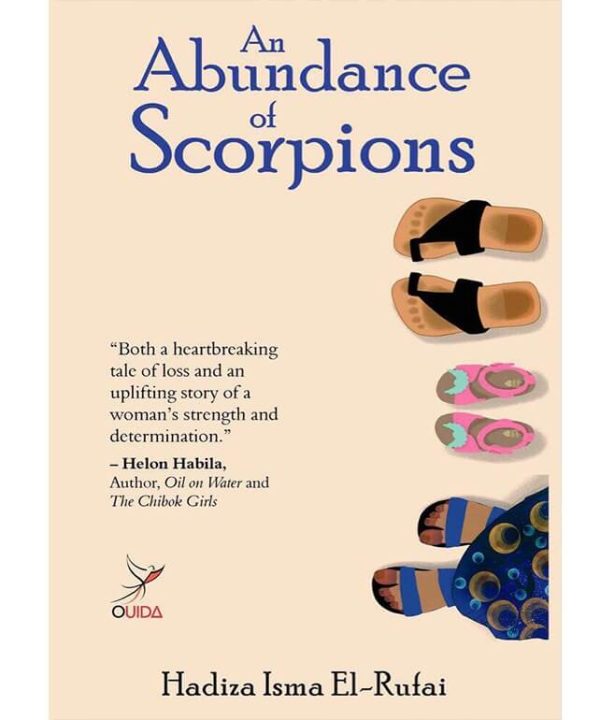

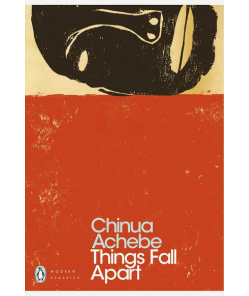
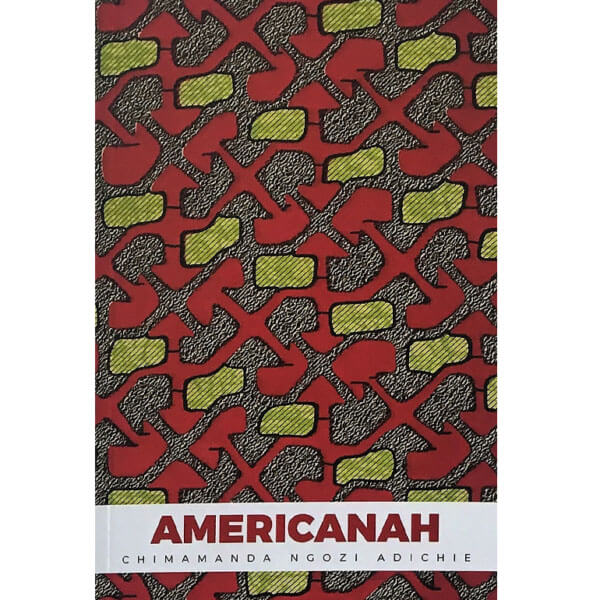
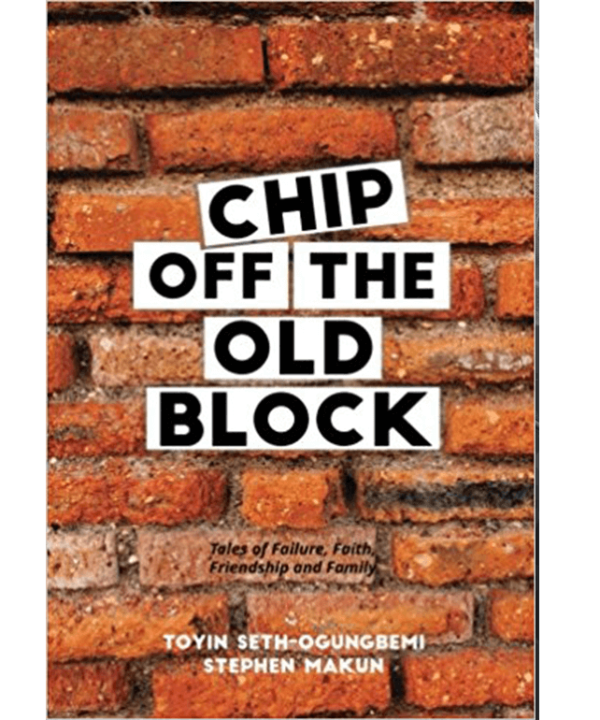
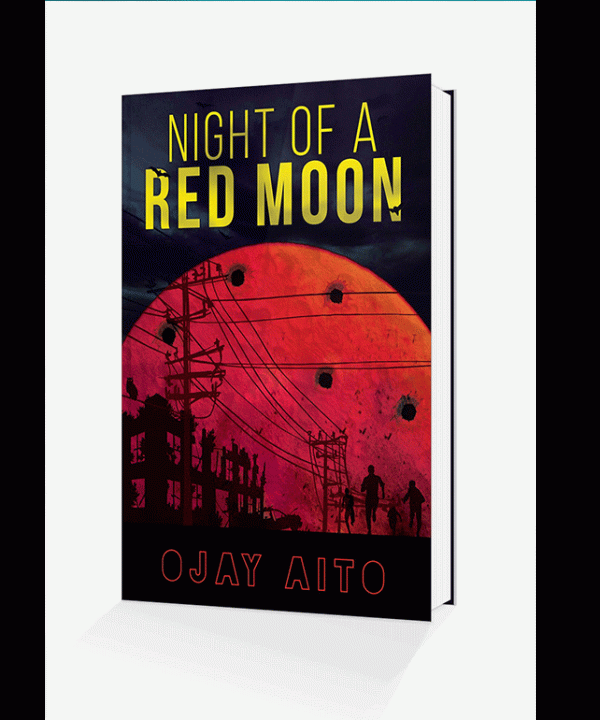

Frank Abumere –
It is not controversial to assert that New York, My Village is more than a work of fiction. Among other things, it traces the trajectory of othering mostly in Nigeria and the United States of America. It reveals why the past and the present converged, and why the future is unlikely to diverge from both the past and the present. Minorities are usually at the receiving end of the atrocities of othering. The Nigerian Civil War and racism in the United States of America prompt us to ask, why are minorities usually at the receiving end of the atrocities of othering or what is it about minorities that make them the targets of othering? To answer the above question satisfactorily, it is helpful to read Uwem Akpan’s book. More importantly, I encourage everyone, whether a White person in North America, South America or Europe, a Fulani in Nigeria or an Igbo in Eastern Nigeria, to be open minded when reading the book.